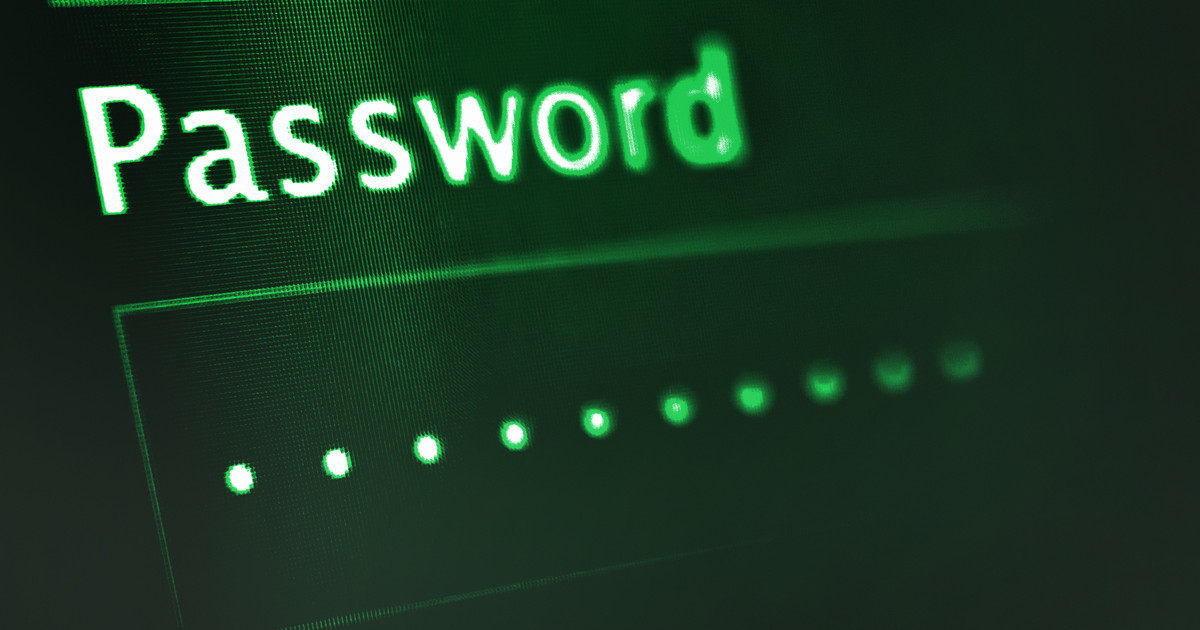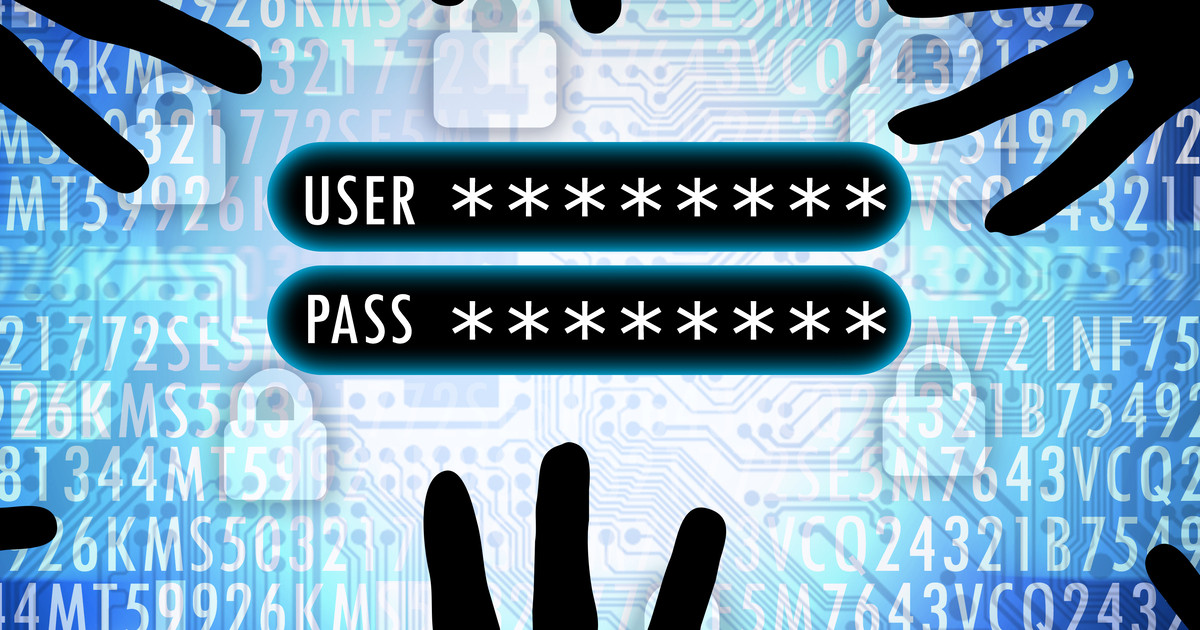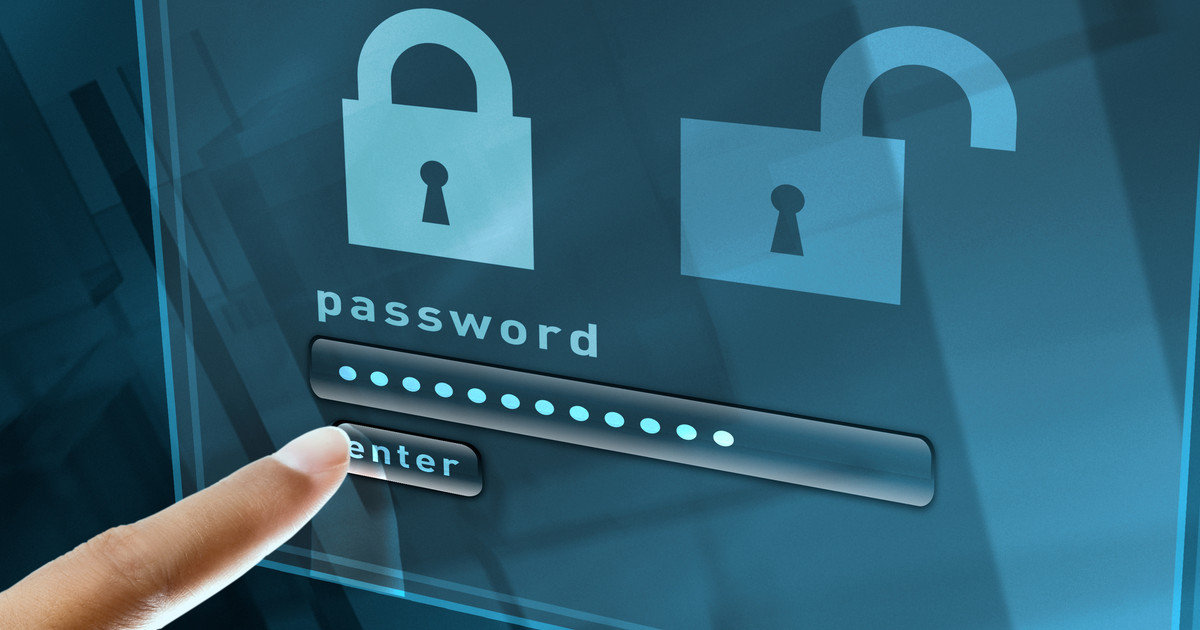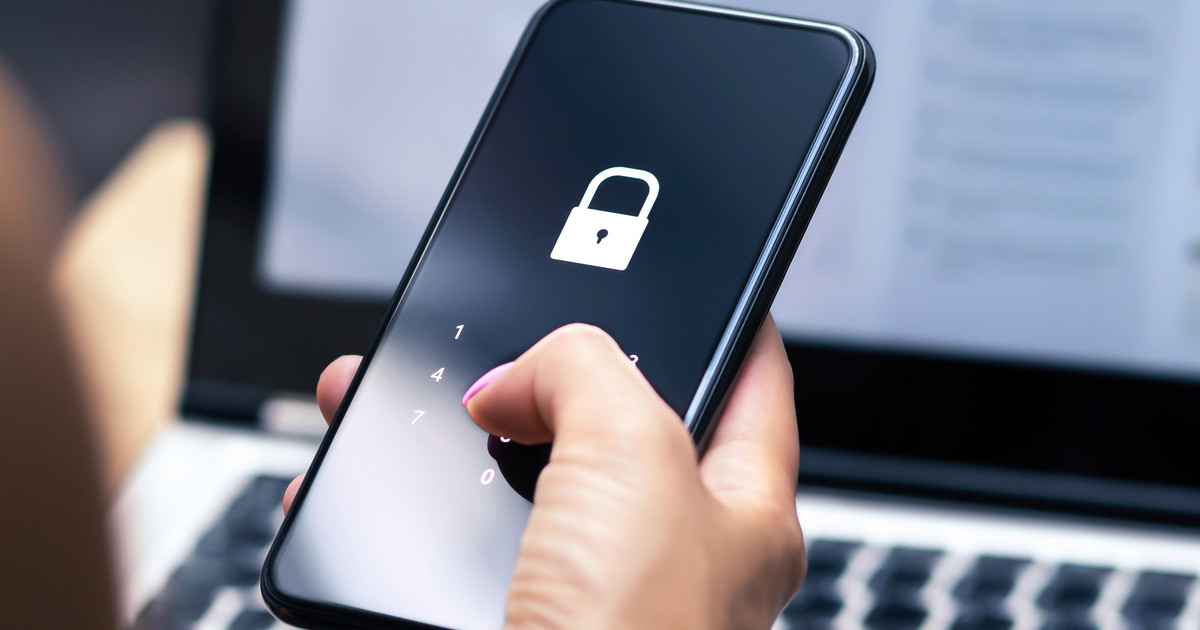How To Choose And Manage Passwords Effectively
Strong passwords are the key to your online security. However, creating distinct and secure passwords that you can easily remember is a challenge. This is why you and so many other people will use the same login credentials for several accounts. In most cases, you will pick passwords that you can easily remember. Unfortunately, this type of password is also easy to guess. Weak passwords can result in severe consequences, such as identity theft, if your data gets compromised.
Choosing and managing secure passwords is essential to protecting your data. Having a secure password for each of your accounts is an immediate security boost. Thankfully, there are many ways to implement this, including password storage and an offline password manager. These tips will ensure that you have strong passwords that you can remember. Keep the tips in mind when you are searching for the best password manager!
Use Passwords Once

If one of your accounts is compromised and you use the same password across several sites, all of your data can be compromised. This is why one of the best tips for password management is to use a different password for all your accounts! According to a survey, you can easily have over eighty passwords for all your private accounts, including live streaming, social media, bank, and mobile applications.
If someone discovers your recycled password for one account, they can access all the accounts that use it. In addition, you should not modify a root password that differs only with a suffix or prefix added to the end, such as PrivacyOne or PrivacyTwo. This is because hackers can easily make such guesses. Thus, ensure you use passwords only once.
Learn more about choosing an effective password now.
Separate Special Characters

Many websites, applications, and other services require numbers and other special characters when users create passwords for their accounts. However, it is vital to avoid putting together, whether it is at the beginning of your password or the middle or end. Instead, you should separate special characters throughout your password.
Hackers use a variety of tools that instantaneously scan all words. They typically try this technique before going through the passwords again, this time with special characters. When they check for special characters, they often try cluster first. Thus, separating special characters throughout your password makes it stronger!
Uncover more tips for password management now.
Use Longer Passwords

In many cases, people will use a strategy known as a 'brute force attack' to gain access to someone else's accounts. This refers to a computer program scanning every possible combination of numbers, letters, and symbols in an attempt to crack your password. Thus, the longer your password is, the harder it is to crack it. This applies to the time it takes to do so as well.
Thus, you should use longer passwords with twelve to fifteen characters to make it hard for people to crack your passwords with this technique. However, do not just use simple patterns! Instead, you should mix the letters up and become creative. For example, you can take long sentences like 'when I was 8, my favorite football team was the Leopards' and use the first letters' wiw8mfftwtzL' as your password.
Discover more ways to choose and manage your passwords effectively now!
Change Passwords Regularly

When hackers access your account, they may not steal what they want and leave. Occasionally, they will continue logging in to your account to continue retrieving your data or monitor what you do. It is challenging to recognize when someone else uses your account. However, changing your password regularly minimizes your risk of exposure and enables you to avoid several dangers. When you change your passwords, you limit breaches to several accounts and prevent hackers from accessing your account.
This trick inhibits the use of saved passwords, meaning that even if someone has your old password saved somewhere, they cannot use it to access your data. Besides, when you change passwords regularly, you restrict access gained through keystroke loggers, which hackers use to steal login credentials. Thus, consider changing your passwords every three months.
Reveal more tips for managing your passwords effectively now!
Try A Password Manager Program

Strong passwords contain more than eight characters, are difficult to guess, and include a combination of letters, numbers, and symbols. As a result, they are harder to remember, especially when you use a separate password for each account. Thus, a great option to help is to use a password manager program. Trusted password managers create and save your login credentials for you. They keep these passwords in an encrypted and centralized place that you can easily access using a master password.
Many of these services are free and have optional features. These features enable you to sync new login credentials across several devices and audit your credentials behavior to ensure you do not use one password to access several accounts. Thus, instead of memorizing many meticulously created passwords, try a password manager that only requires you to remember one.